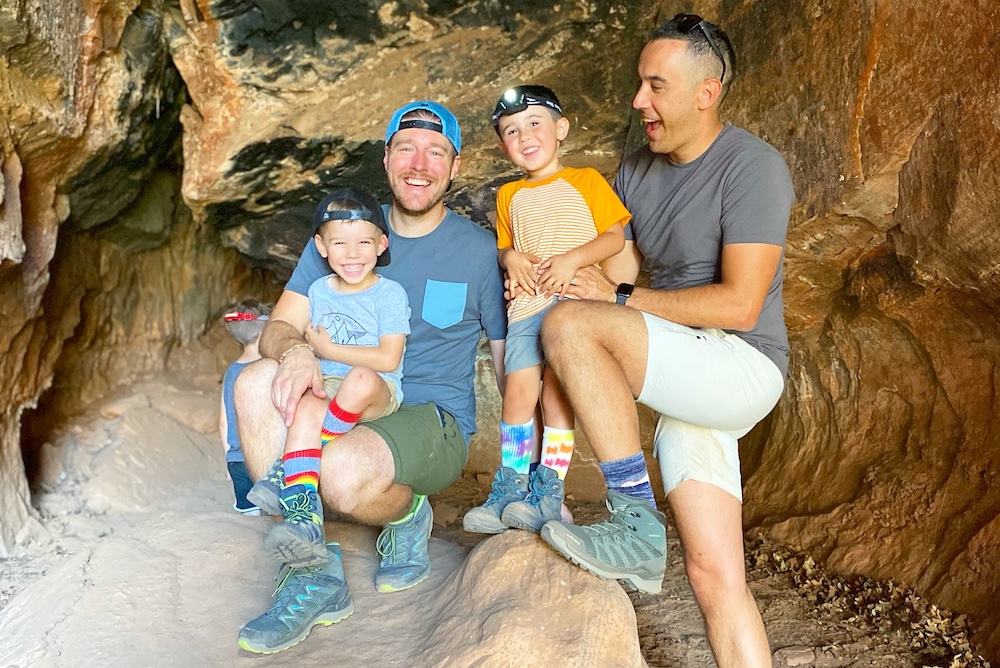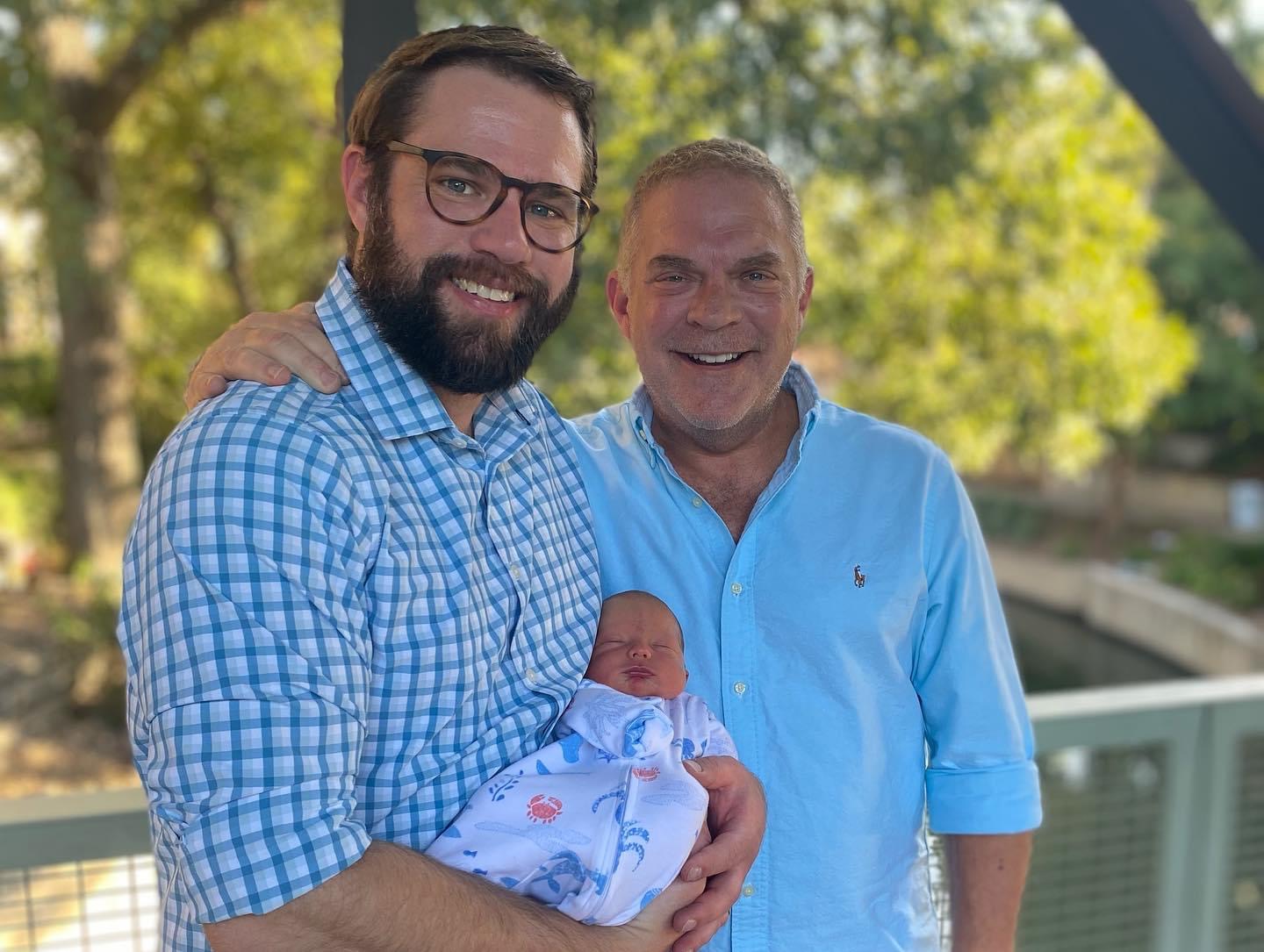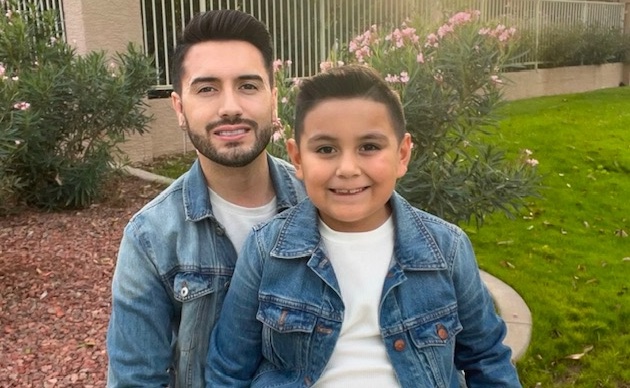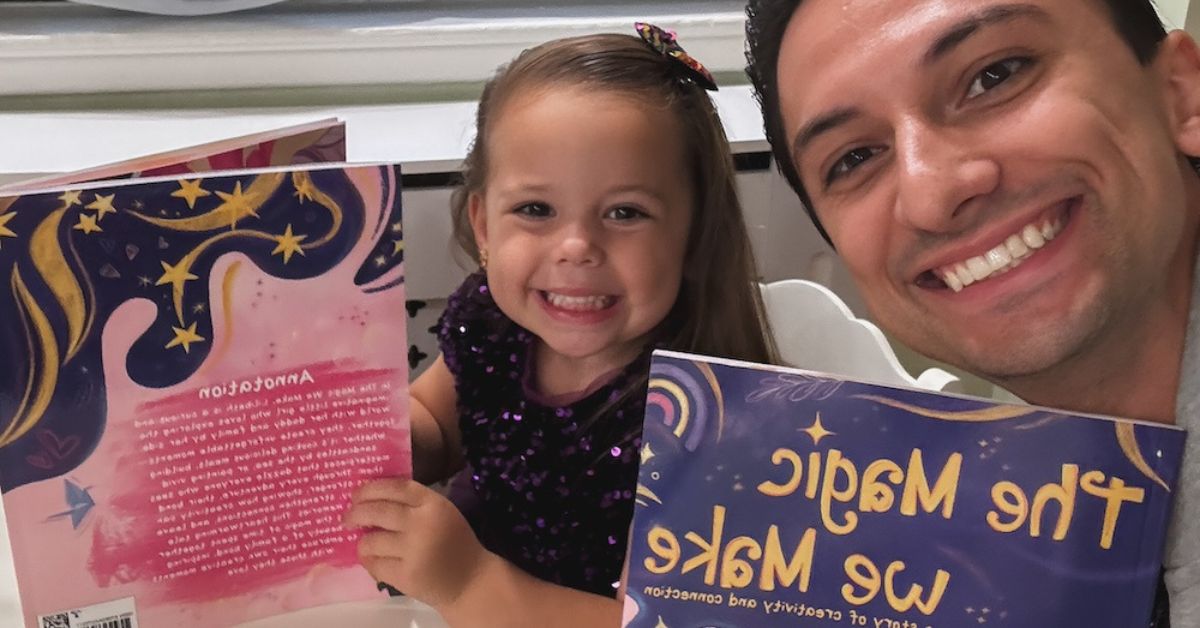Adoption is a beautiful way for LGBTQ+ individuals and couples to build loving families. However, it’s natural to have questions when considering this life-changing journey. To help you navigate the world of gay adoption, we’ve compiled a list of the top 10 frequently asked questions.
1. Is Gay Adoption Legal?
Absolutely! Gay adoption is legal in all 50 states of the United States and Washington, D.C. This became a reality thanks to the Supreme Court’s landmark ruling on June 26, 2015, which legalized same-sex marriage nationwide. This ruling paved the way for gay adoption to be universally recognized and protected.
2. What Types of Adoption are Available for LGBTQ+ Individuals and Couples?
There are several adoption paths to explore:
Private Infant Adoption: Adopting a newborn within the United States through adoption agencies or independent professionals.
International Adoption: Adopting a child from another country, with South Africa and Colombia being exceptions that welcome LGBTQ+ applicants.
Foster-Adopt: Providing a permanent home to a child from the U.S. foster care system.
3. How Does Private Infant Adoption Work for LGBTQ+ Couples?
Private infant adoption involves either working with an adoption agency or with an independent adoption professional (typically an attorney). Waiting families are matched with birth parents who have chosen adoption as the desired path for their children. It’s extremely important to choose LGBTQ+ affirming agencies or professionals.
4. Are There Any Differences Between Agency Adoption and Independent Adoption?
Yes, there are differences to consider:
The Work: Adoption agencies handle most tasks for you, while independent adoption requires more hands-on involvement.
The Costs: Independent adoption costs can vary widely, while agency adoption typically falls within $40,000-$50,000.
The Law: Independent adoption isn’t legal in all states, and where it is, certain restrictions may apply.
5. Can LGBTQ+ Individuals and Couples Adopt Internationally?
While most countries don’t allow out and proud gay or queer men (either individually or within a couple) to adopt, there are two countries that welcome our families: Columbia and South Africa. International adoption is more regulated due to the Hague Convention, ensuring child protection.
For those considering international adoption, GWK Academy offers valuable insights and resources. Learn about the specific requirements and processes for international LGBTQ+ adoption.
6. What Should I Know About Foster-Adopt?
The U.S. foster system is designed to reunite foster children with their birth family, either parents, grandparents, cousins or other relatives. Sadly, 25% of these kids will never be reunited with their birth family…these children have been “legally freed” for adoption and languish in the system until they are matched with a forever family of their own. The data on the outcomes of foster kids who are never matched and age out of the system is absolutely dismal. If you think you may have it in your heart to foster or foster-adopt, we strongly encourage you to reach out to your state department of children services or contact GWK Academy for referrals to one or more foster agencies within your community.
7. How Does the Home Study Process Work?
A home study is a mandatory part of the adoption process. It involves assessments of your suitability as an adoptive or foster parent, including background checks, interviews, and examinations of your life. More importantly, it is an opportunity for you to consider how you plan to parent your future child. While most people think the Home Study is a scary part of the adoption process, the truth is it’s an invaluable tool to help you (or you and your partner/spouse) prepare for becoming parents. GWK Academy offers a comprehensive guide on preparing for the home study process. Get expert advice and step-by-step instructions to ensure a smooth experience.
8. What Are the Costs of Gay Adoption?
Adoption costs can vary widely:
Private Infant Adoption: Costs typically range between $35,000 to $50,000.
International Adoption: Be prepared for higher costs, including travel and lodging.
Foster-Adopt: There is no cost to adopt from the foster system, and you will receive a stipend from the state until the child ages out. Be prepared to front some minimal out-of-pocket expenses. .
GWK Academy provides resources on adoption financing, including information on adoption tax credits, grants, and employer benefits.
9. How Can I Find LGBTQ+ Affirming Adoption Agencies?
Choosing the right adoption agency or professional is crucial. Look for agencies that prioritize diversity and inclusion, actively engage with LGBTQ+ family-building events, and proudly showcase LGBTQ+ families on their platforms.
GWK Academy offers a proprietary directory of LGBTQ+ affirming adoption agencies. Find an agency that aligns with your values and supports your journey.
10. How Do I Prepare for a Cross Racial or Cultural Adoption?
If you plan to adopt a child from a different racial or ethnic background, be proactive in addressing cultural differences. Discuss family dynamics, religious and spiritual differences, and ensure your child grows up with a healthy understanding of your family’s background, as well as their own.
GWK Academy includes resources on cultural competency. Learn how to navigate cultural diversity and create an inclusive and supportive environment for your adopted child.
In conclusion, gay adoption is not only legal but also an incredibly rewarding way to create a loving family. By understanding the adoption process and seeking the right resources and support, LGBTQ+ individuals and couples can embark on this beautiful journey with confidence.
For in-depth guidance on gay adoption, including step-by-step instructions, valuable resources, and support, consider enrolling in GWK Academy. This comprehensive platform empowers you to start your adoption journey with knowledge and confidence. Embrace the path ahead, and know that the bonds you form






